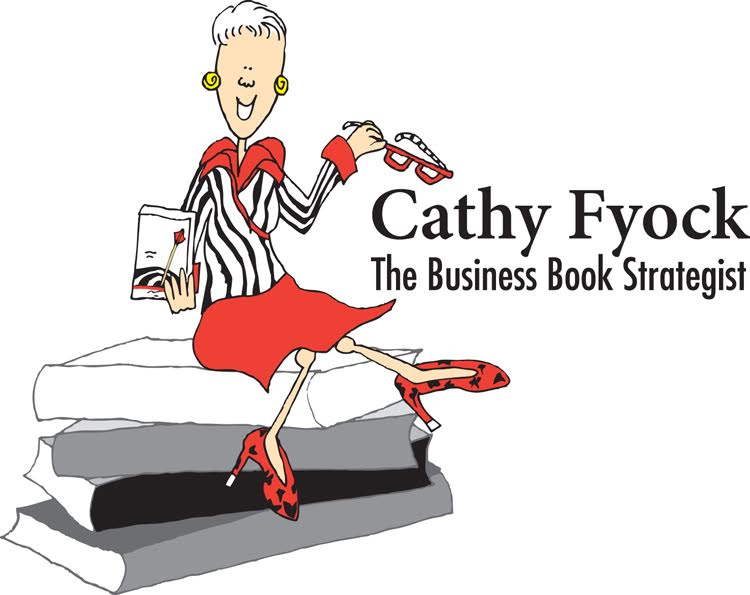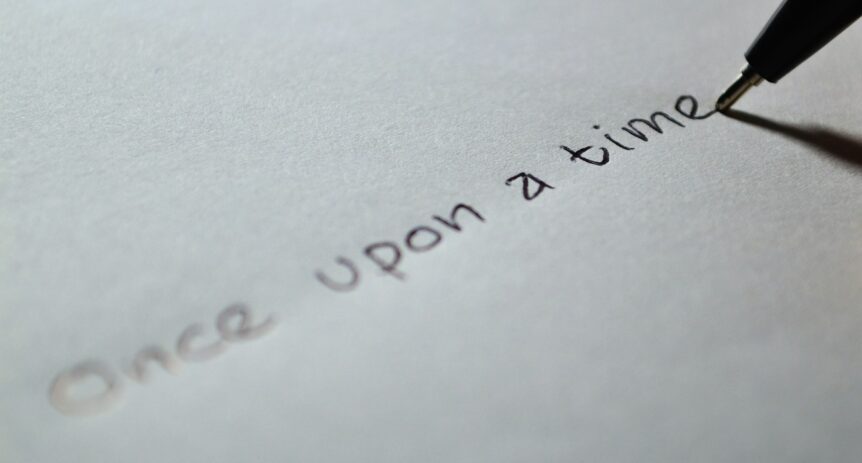Last week I was reviewing a client’s manuscript, and I added several comments. “This could use a story,” “Can you illustrate this point with a story?” and “Story here!” peppered the manuscript.
My client didn’t disagree, because he understood the power of stories to convey truths without sounding “preachy”. “You should do this. . .” or “Don’t do that . . .” can be remedied by just telling a story with positive or negative consequences.
My frustrated client asked, “How can I find the right story? Is there a shortcut to finding the perfect example or case study?”
Here are several suggestions to help you identify a great story for your nonfiction blog, article, or book.
Ask a behavioral interview question. Because I have a background as an HR professional, I know about behavioral interview questions. These are the questions that begin, “Tell me about a time when . . .” or “Think of an example of . . .”
You can ask yourself one of these questions when trying to find the right story to illustrate your point. For example, if you’re writing about courageous actions, you might ask yourself, “Think about a time when you had to take courageous action to solve a difficult challenge.” The story can be about how you took courageous action, how your client took that action, or how someone from current events, literature, or history took the action to achieve results. Stories about you and your clients are often the best, since they are unique to your experience.
Prove it! When Denise was improving her manuscript, I suggested that she add a story. “How can I think of the right story?” she asked. My response: “Prove it!” Why are you stating this narrative as fact? What experience has taught you that this is true? By considering your own experience that proves your point, you are adding your own thought leadership to the mix.
Journal. The late great storytelling legend Jeanne Robertson told humorous stories, and when asked where she found them, she talked about her consistent practice of journaling her experiences. When she and her Uber driver had an amusing exchange, she jotted it down. When she made a major mistake, she made a note. By consistently recording what she experienced each day, she developed a wealth of material.
Chat with ChatGPT. I don’t rely on ChatGPT to write my material, but I’ve found that it’s the best tool for generating ideas and helping to mine the stories I may have forgotten. Recently I wanted to add some stories to a presentation for the Houston NSA chapter, so I asked ChatGPT to write a very short story to answer a behavioral interview question. It provided me with several stories that allowed me to generate my own version of the story quickly and painlessly.
What’s your best strategy for finding the perfect story to couple with your learning points and narrative? I’d love to hear about your best practices for making your narrative come alive with the power of story!

